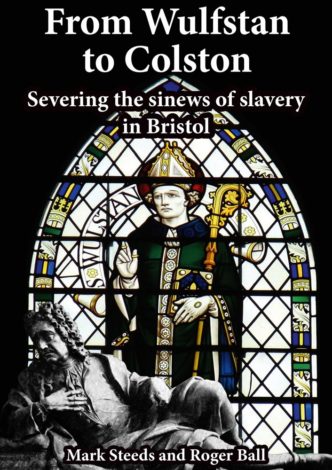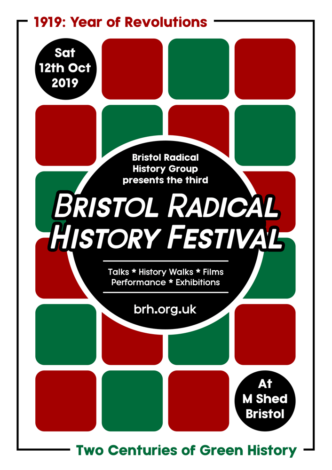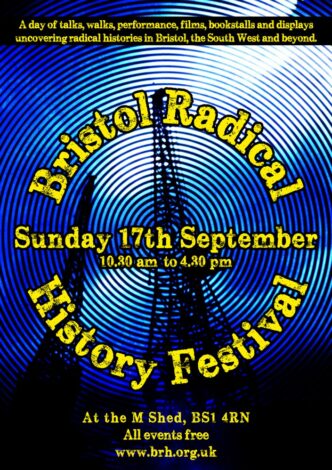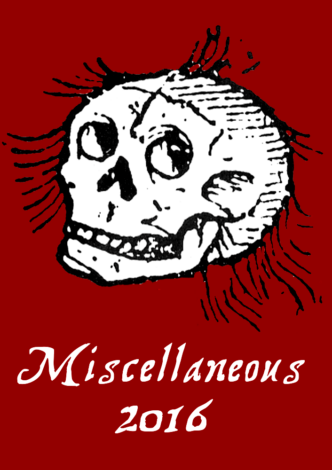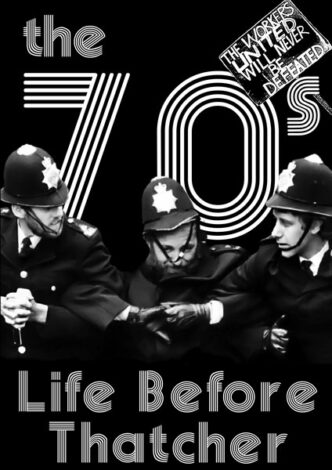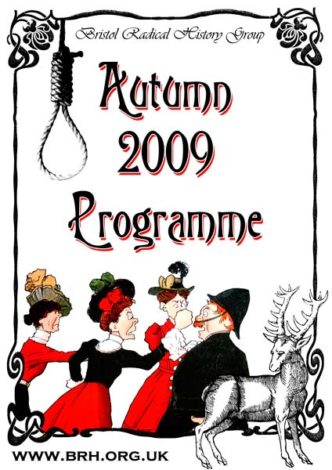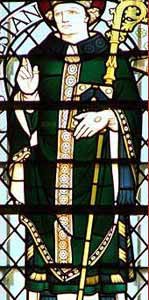Tracing a thousand-year history, Mark Steeds and Roger Ball examine the involvement in slavery of Bristol’s merchants, from Anglo-Saxon times through the era of exploration and colonisation, to the transatlantic slave trade and the plantation system of the Americas. During this period, Bristol’s merchant elite seized economic and political power, making slave-trader Edward Colston an icon and shaping the city’s present-day historical memory of slavery. Throughout the millennium, determined […]
Starts and leaves outside of the front of M Shed. Our first stop will be outside of the Merchant Venturers’ Almshouses (at the Broad Quay end of King Street), where the Merchant Venturers successfully petitioned for Bristol’s involvement in the ‘African Trade’ in 1698. We will cross Queen Square to Redcliffe Street and on to the Seven Stars. This will feature Abolitionists Thomas Clarkson, Wulfstan and the Quakers. On into Castle Park and Colston’s sugar refinery, past All Saints (where Edward […]
A series of 10 minute 'taster talks' covering recently or soon to be published Bristol Radical History Group texts. These include: Lady Blackshirts: The Perils of Perception – suffragettes who became fascists [Rosemary Caldicott] During the 1930’s a small group of ultra-nationalistic women, who considered themselves feminists, joined Oswald Mosley’s British Union of Fascists. Surprisingly some of these women were former high ranking members of the suffragette movement. The Smoke-Dragon and How […]
According to historians of the slave-trade in Bristol there were 'precious few' Abolitionists in the city - but at least there were some and not just in the 18th and 19th Centuries. The last Anglo-Saxon Bishop, St Wulfstan, managed to get the 400 year-old trade of slaves between Bristol and Dublin banned in the 11th Century. Still obscured, the only 'good' story you can get from slavery is the banning of it. Bristol Radical History Group member Mark Steeds will try to shed some light upon the […]
Sweet Liberation (community choir), Richard Burley & Danny Ward (acoustic set), Red Notes Choir (4 part harmony), Lynda Sanderson & Pauline Setterfield (opera singer and organist). A celebration of roles played by St. Wulfstan, Thomas Clarkson and the Seven Stars pub played in gaining freedom.
Part of the Trapese Popular Education Collective's 'Start Producing the Future'. The walk will take in the scenes of some radical activism, both ancient and modern, and compare this with the actions of the 'mob'. Why did a man on a donkey in Corn Street and a Cambridge geek befriending the landlord of the Seven Stars had such an impact on the World. Why did a mob burn down Queen's Square in 1831? Who ate all the pies in 1832? What caused the Bristol Bridge Riot. Which brave man (or could it […]
In between the howling gales, we had a day of calm which coincided with a spur of the moment event; 'A Celebration of St Wulfstan', on his saints day, the 19th of January. After a brief rendition of his life was published in last months magazine, a number of people got together to try and celebrate the great man's life, in the actual church in which he served, as a contribution to Abolition 200 year. Several people had stated that we ought to do something, and contact was made through the […]
